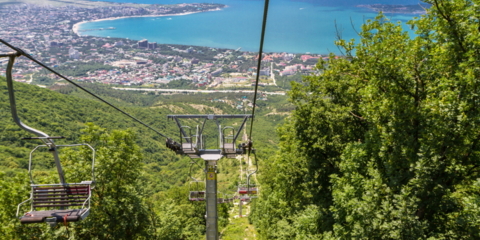All publications
We have made a small list of places the readers should visit to get an idea of the republic, its heritage, nature, history and, last but not least, people living there.

In each issue, we tell you about interesting locations, sights, cities, and whole regions. Today we invite our readers on a journey to Yakutia.

Saint Petersburg and some territories in the Leningrad Region are known for their creative spaces, loft projects, roof tours, and other popular entertainments and art locations.
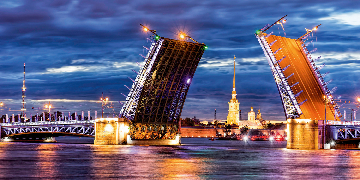
Pyatigorsk is called a natural museum of mineral waters. More than 100 mineral springs with different chemical composition are used for curative and recreational purposes.
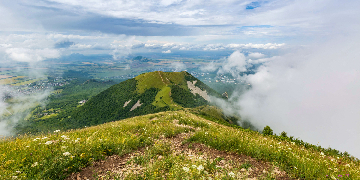
Moscow is ranked among the best student cities. It has many prestigious universities that open their doors to hundreds of thousands of international students every year.
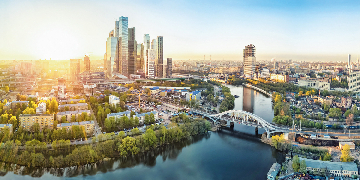
Today Volgograd is a major industrial, educational and scientific center that stretches for 100 kilometers as a narrow strip along the Volga River bank.
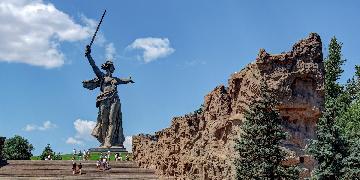
According to the Ministry of Education and Science of the Republic of Tatarstan, more than 18,000 international students from 14 countries of the former USSR and 107 other foreign countries are studying at 39 universities of the republic today.
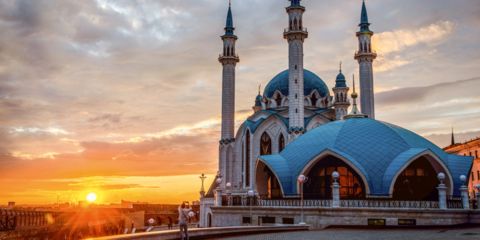
The Belgorod Region is a Russian region with one of the most thriving economies. Belgorod, the capital of the Belgorod Region, boasts abundant greenery and clean air.
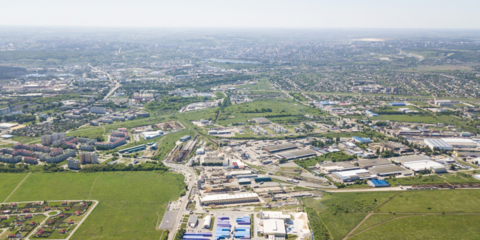
We have made a small list of places the readers should visit to get an idea of the republic, its heritage, nature, history and, last but not least, people living there.

Chelyabinsk is ranked among the Top 3 Russian metropolitan cities with the most developed internal transport infrastructure. It holds a great number of cultural and sports events.

Pyatigorsk is called a natural museum of mineral waters. More than 100 mineral springs with different chemical composition are used for curative and recreational purposes.

Moscow is ranked among the best student cities. It has many prestigious universities that open their doors to hundreds of thousands of international students every year.

Belgorod is a multinational advanced city in the south of the Central Russian Upland, the scientific, cultural, economic and spiritual center of the Central Black Earth Region of Russia.
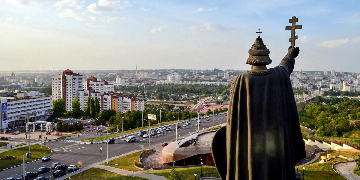
The Belgorod Region is a Russian region with one of the most thriving economies. Belgorod, the capital of the Belgorod Region, boasts abundant greenery and clean air.

We have made a small list of places the readers should visit to get an idea of the republic, its heritage, nature, history and, last but not least, people living there.

In each issue, we tell you about interesting locations, sights, cities, and whole regions. Today we invite our readers on a journey to Yakutia.

Chelyabinsk is ranked among the Top 3 Russian metropolitan cities with the most developed internal transport infrastructure. It holds a great number of cultural and sports events.

Saint Petersburg and some territories in the Leningrad Region are known for their creative spaces, loft projects, roof tours, and other popular entertainments and art locations.

Pyatigorsk is called a natural museum of mineral waters. More than 100 mineral springs with different chemical composition are used for curative and recreational purposes.

Novorossiysk is the largest Black Sea port in Russia, an important transportation hub, industrial center and picturesque resort. It is a part of the Krasnodar Territory.
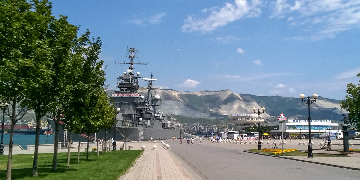
Moscow is ranked among the best student cities. It has many prestigious universities that open their doors to hundreds of thousands of international students every year.

Today Volgograd is a major industrial, educational and scientific center that stretches for 100 kilometers as a narrow strip along the Volga River bank.

Belgorod is a multinational advanced city in the south of the Central Russian Upland, the scientific, cultural, economic and spiritual center of the Central Black Earth Region of Russia.

According to the Ministry of Education and Science of the Republic of Tatarstan, more than 18,000 international students from 14 countries of the former USSR and 107 other foreign countries are studying at 39 universities of the republic today.

The Belgorod Region is a Russian region with one of the most thriving economies. Belgorod, the capital of the Belgorod Region, boasts abundant greenery and clean air.








